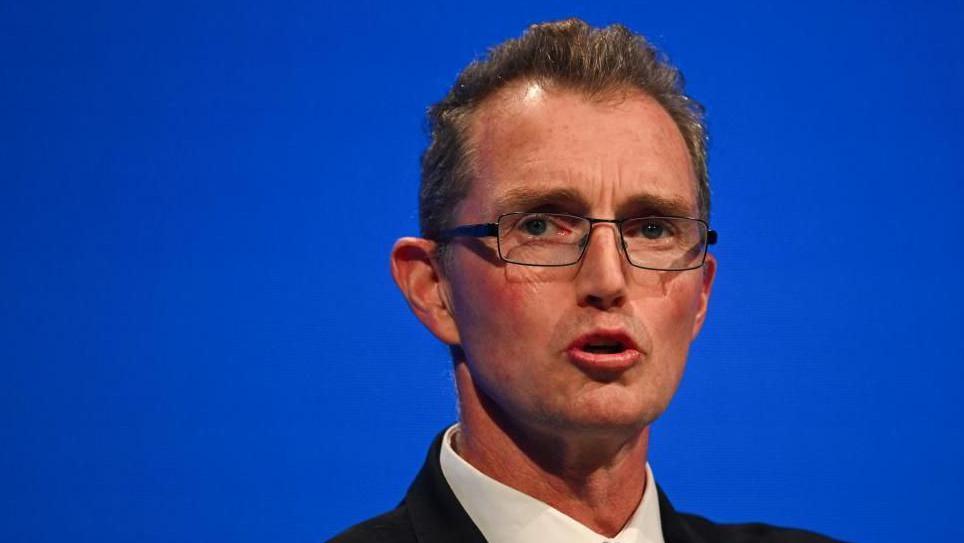What it is like hosting a general election debate
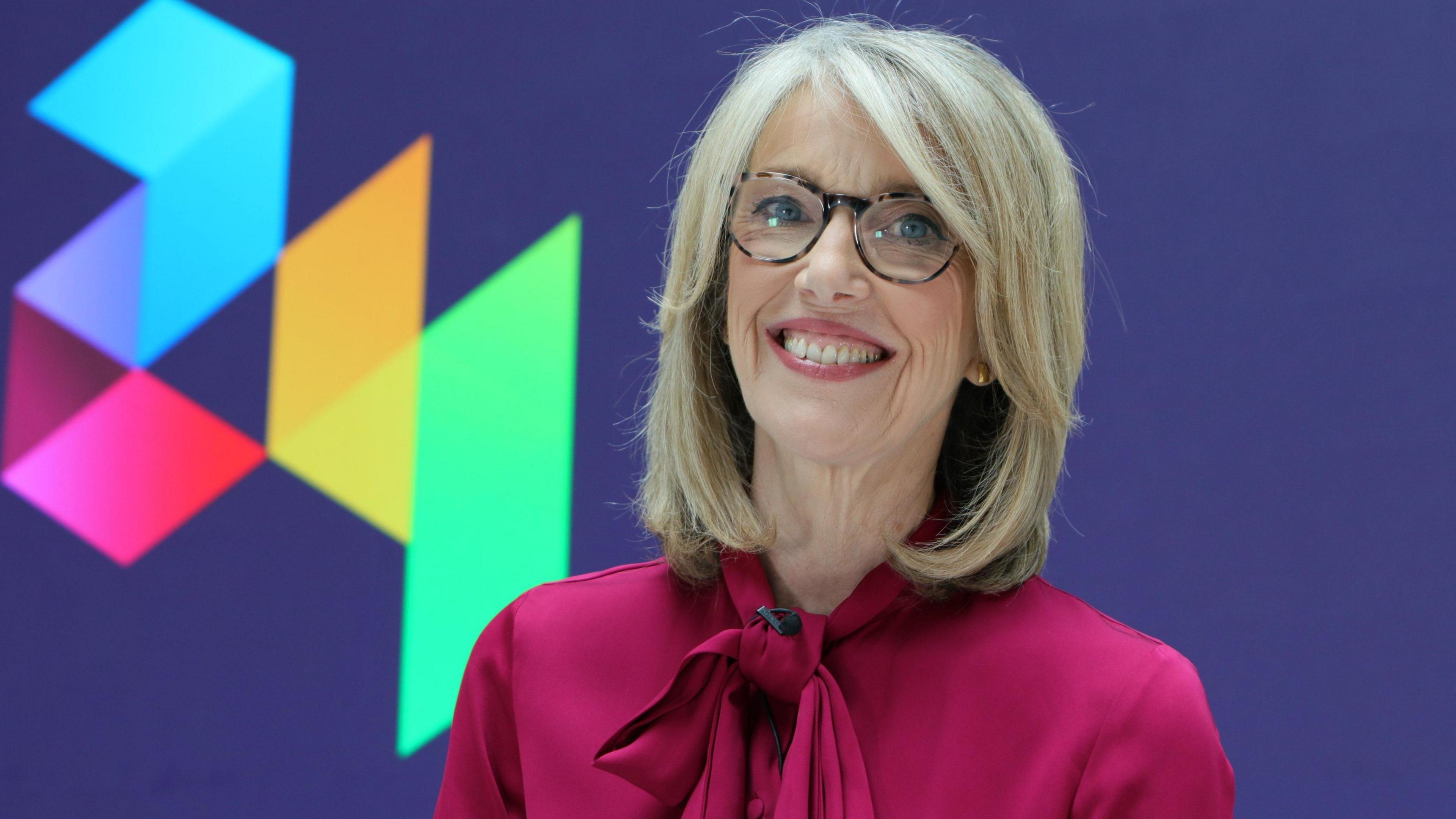
Bethan Rhys Roberts will be hosting the BBC Wales election debate at 19:00 BST on Friday
- Published
They can decide the outcomes of elections, sway some voters, alienate others - and they’re always unpredictable.
On Friday evening I will be hosting the BBC Wales election debate, with representatives of the five main parties in Wales.
Having done a few over the years, ahead of elections and referendums, I know temperatures and adrenaline can run high.
It will be my role to ensure that each politician has time to put their points across and to challenge each other while making sure it doesn’t all descend into chaos.
- Published2 April 2014
- Published4 June 2024
The panel will feature Wales' first minister and Welsh Labour leader Vaughan Gething, Conservative secretary of state for Wales David TC Davies, leader of Plaid Cymru Rhun ap Iorwerth, Welsh Liberal Democrats leader Jane Dodds and Reform UK’s Oliver Lewis.
Each party has chosen which participant to put forward, some are general election candidates on 4 July and some aren't.
As for the debate itself, it's all about fairness.
It's a case of trying to encourage an energetic debate that doesn't just become aggressive and incomprehensible.
We have a team of people checking for balance within the 100-strong live studio audience - between the different parties and decided and undecided voters.
You never know what to expect
As with any live broadcast, you have to be ready to expect the unexpected, as has happened many times in previous debates.
Ahead of Brexit, an audience member emerged from the crowd during one debate, heading towards the politician carrying some sort of object in his hands.
At the time, I remember thinking - is it a gun, a knife - it turned out to be a rolled up EU flag. But security is much tighter these days.
In another debate, one that was getting quite heated at the time, I looked up at the audience and there was one woman in the back, smiling broadly, and knitting.
That's why I love live audiences, you never know what to expect. I asked her after the show what she was knitting - it was a horse.
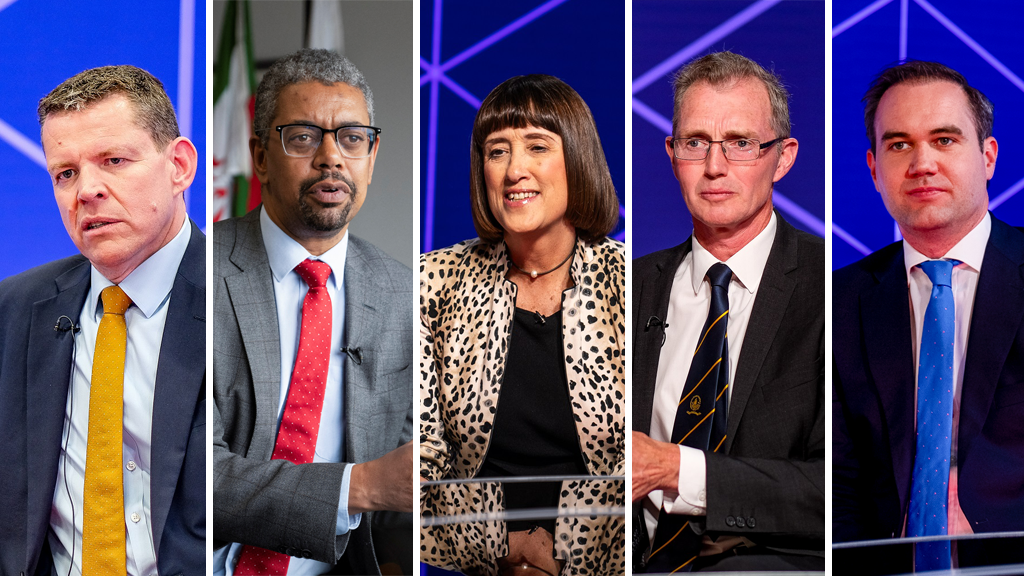
(L to R) Rhun ap Iorwerth for Plaid, Vaughan Gething for Labour, Jane Dodds for the Lib Dems, David TC Davies for the Tories, and Oliver Lewis for Reform will take part in the debate
Keeping the balance
In every debate you have to ensure each participant has time to put their views across, so I will constantly have lots of voices in my ear on the night.
One of which will be just telling me how much each candidate has had in terms of time, I have to ensure that there's fairness on each and every section.
Then when I go to the audience I have to ensure representation within each topic there as well, you've got to make sure you're getting a good range of views.
It's also really tightly choreographed in terms of timings, it has to be, otherwise, you could come off air and realise "oh dear, one party had a complete advantage here".
It's like playing two chess games at once.
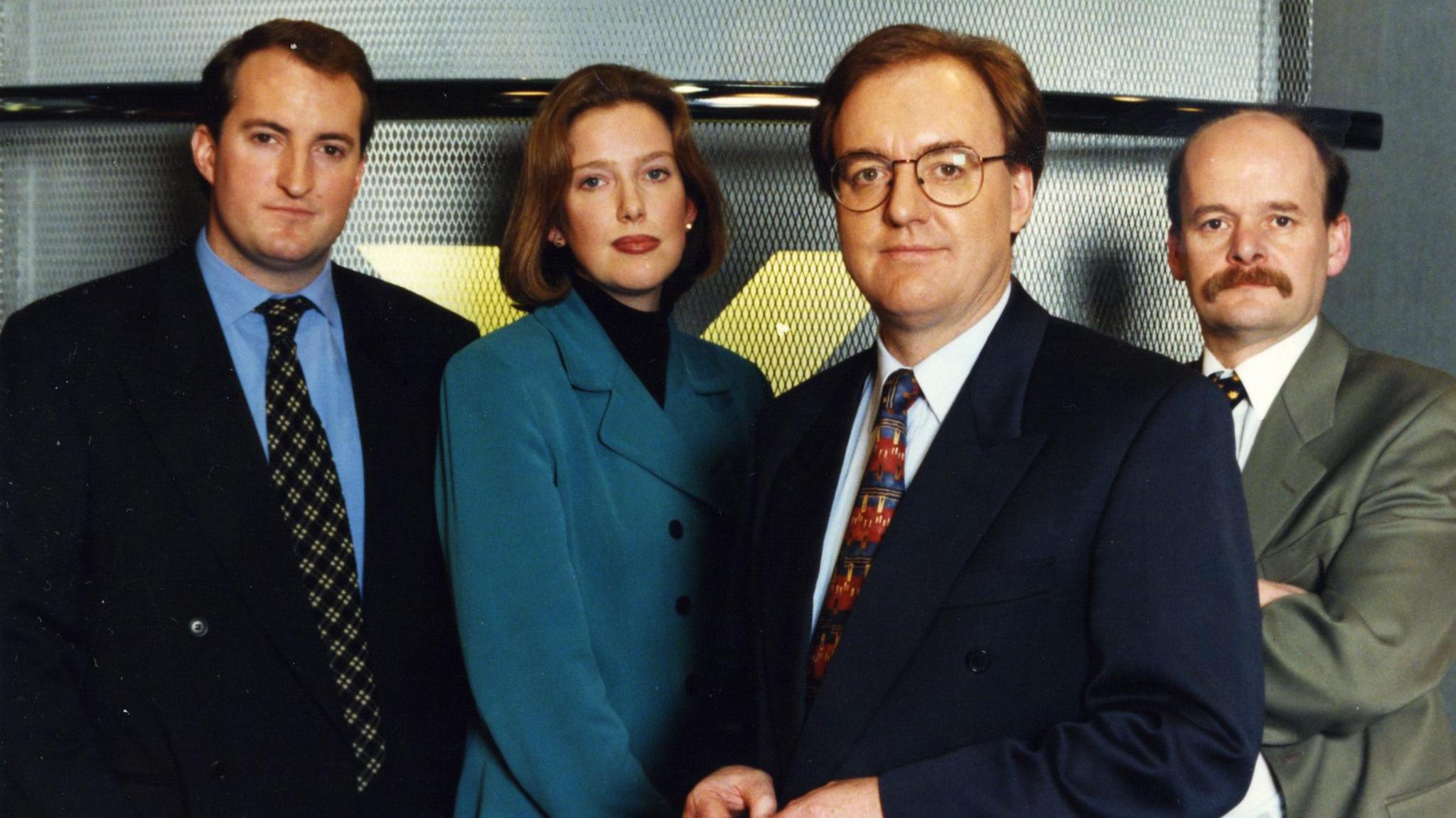
Bethan has hosted around a dozen election debates since joining BBC Wales in 1992
Game plans
For participants, they all come with large teams these days, and they want to know everything about the format - where they'll be standing, will there be water, who's next to whom – it’s very meticulous.
They're all much more keen on knowing every detail than previous years, they're on it now, they know the debates are big set piece events where they can connect with voters – and that can be crucial.
I'm constantly looking at how each party is now using these debates. Are they upping the aggression? Are they standing back? The different styles of politicians, I think it's fascinating.
But who knows who will turn up on Friday night, or what game plan they'll have prepared.
But that's the beauty of live television - five politicians, 100 people in the audience - what could possibly go wrong on live telly?
For any presenter, it's probably one of the most challenging things you can do, but also one of the most thrilling - when it goes well.
The debate will be broadcast live on BBC One Wales and BBC Radio Wales at 19:00 BST on Friday.
Related topics
- Published20 June 2024
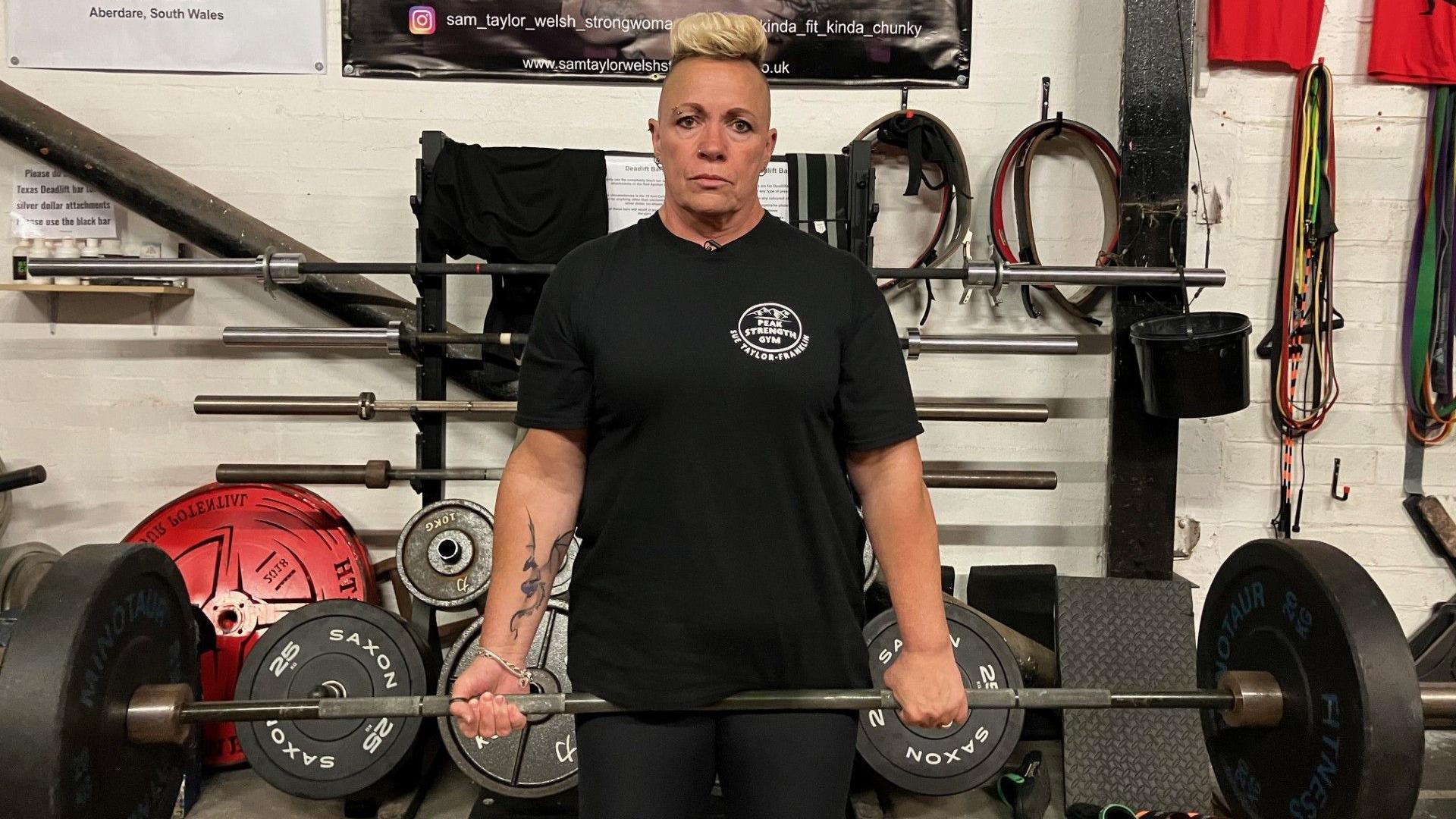
- Published20 June 2024
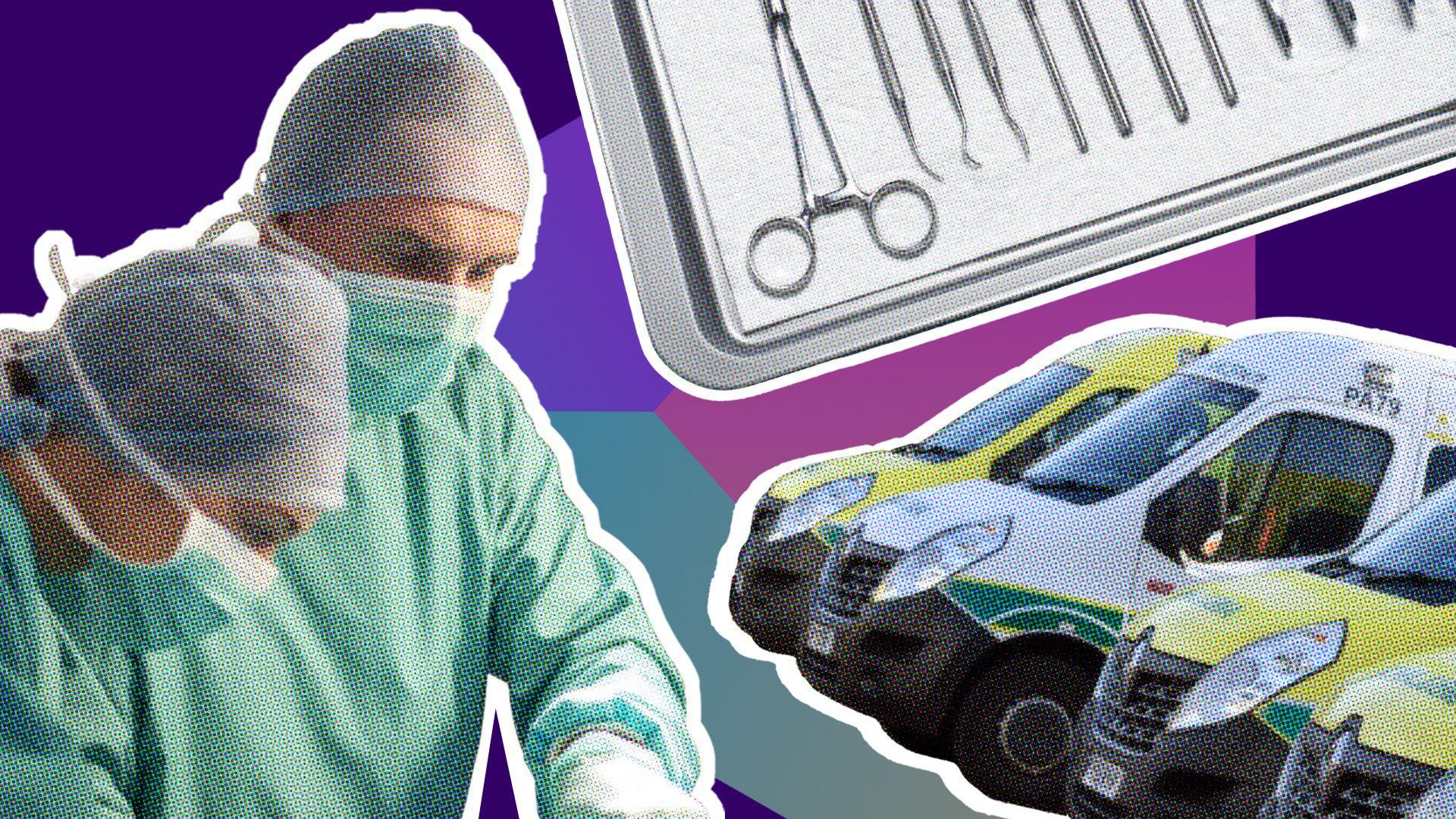
- Published19 June 2024
